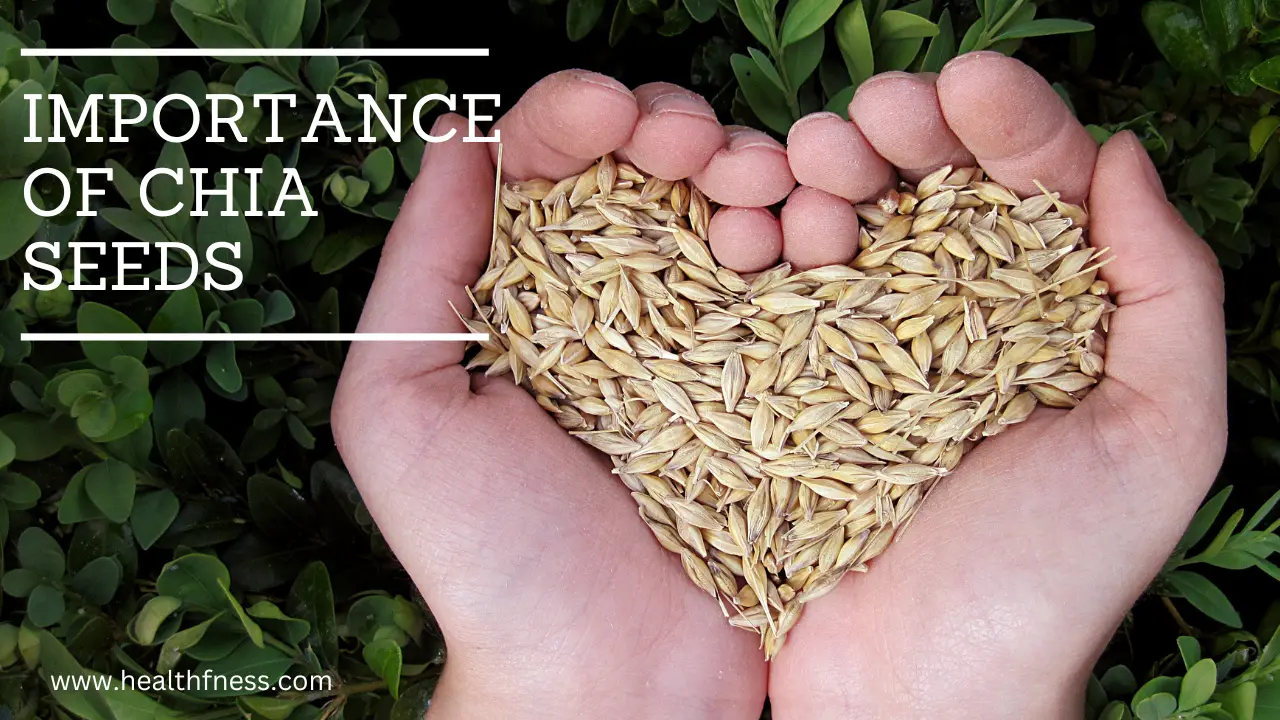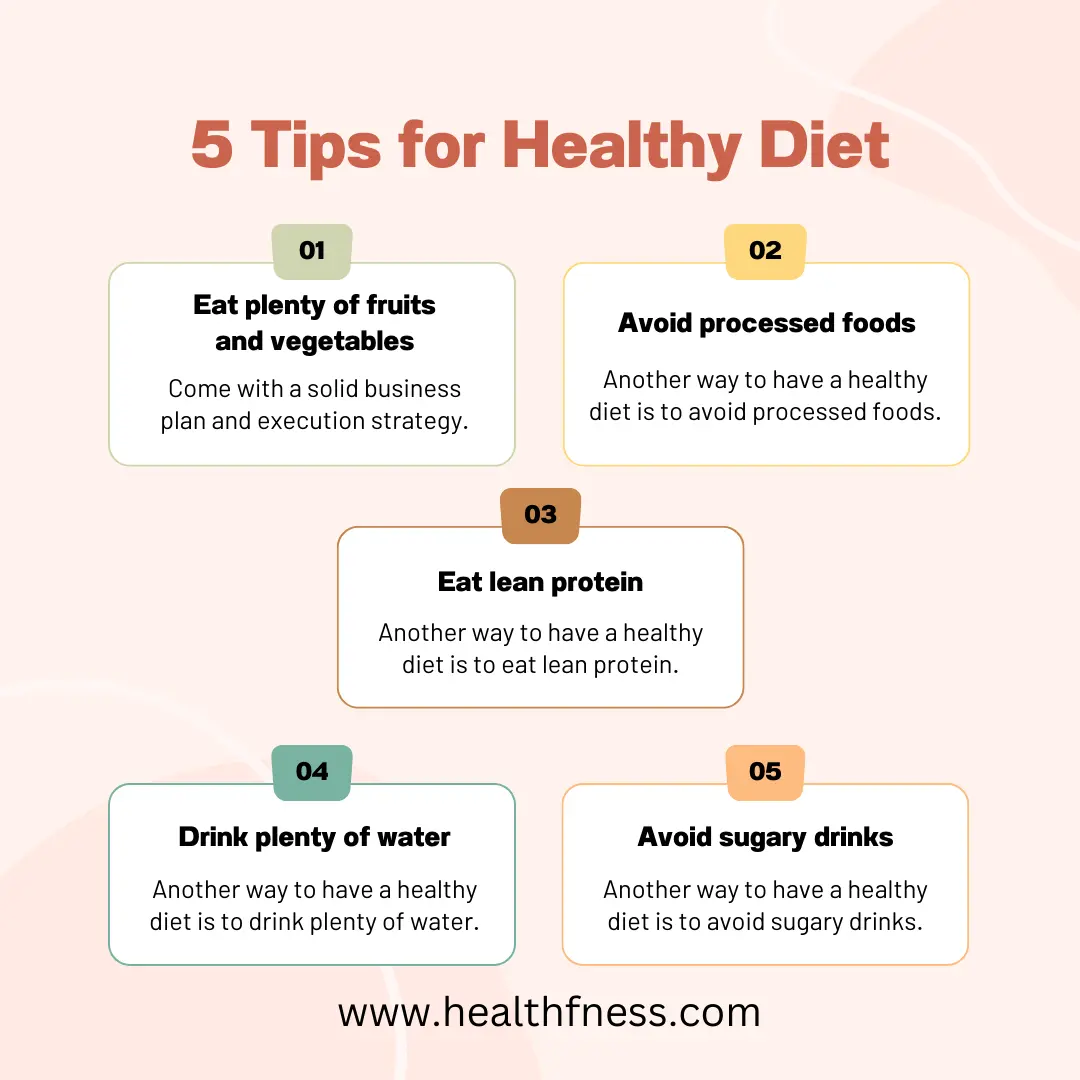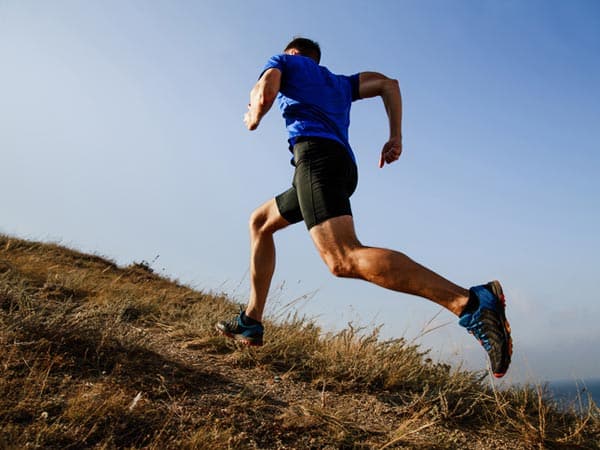The chia seeds are considered ‘superfoods‘ due to the impressive nutritional properties they possess. In fact, its consumption, although it is indicated for all types of people, is especially recommended for athletes. Here we are going to see what the benefits are and why. In this article:
- Importance of physical health for athletes
- Characteristics of chia seeds
- What benefits do chia seeds bring to athletes?
- The best foods, the best physical performance
- FAQS
- Conclusion
Importance of physical health for athletes:
Athletes must keep their bodies healthy in order to perform well and avoid injuries. Here are a few essential aspects emphasizing the significance of physical fitness for athletes:

Performance: Athletes need a high degree of physical fitness to perform at their best. Exercise, nutrition, and proper rest can help them increase their endurance, strength, and overall performance.
Injury prevention: Physical fitness and strength can aid in injury prevention during training and competition. Athletes’ coordination, balance, and flexibility can be improved with proper conditioning and training, lowering their chance of injury.
Quick recovery: Athletes in strong physical condition recover from injuries or illnesses more rapidly. This is because a healthy body can handle the stress of training and competition better and heal more quickly when injured.
Mental health: Physical and mental health are inextricably linked. Exercise and a healthy lifestyle can help an athlete’s mental health, reducing stress, anxiety, and depression. As a result, their total performance may improve.
Long-term health: Athletes who focus on their physical health are more likely to live a long and healthy life once their competitive careers are done. Athletes can lower their chance of chronic illnesses such as heart disease, diabetes, and obesity by keeping a healthy body throughout their lives.
Characteristics of chia seeds
Chia seeds have high in fiber, amino acids, B vitamins, and protein. They are also packed with antioxidants and minerals, as well as Omega 3 and 6 fatty acids. All this means that they are considered food synonymous with well-being and good health.
↓
To this, we must add another aspect. Chia seeds are quite cheap, so they are within everyone’s reach. In addition, due to their growing popularity, they are increasingly present in supermarkets and grocery stores. In other words, they are quite easy to find.
What benefits do chia seeds bring to athletes?
Buying chia seeds at MyProtein or at other specialized stores is an option that more and more athletes are chosen. It doesn’t matter if it’s runners, swimmers, cyclists, or fitness enthusiasts. But what do they get from them that helps them improve their performance so much? Let’s see it:
- High fiber intake. Fiber is a fundamental substance for the proper functioning of our digestive system. In addition, it has a satiating effect. This makes chia seeds ideal for all those people who want to lose weight through exercise and without following strict weight loss diets. With them, the temptation to snack between meals is also reduced.
- High antioxidant power. Chia seeds are loaded with flavonoids. These elements are considered the most powerful antioxidants that exist. They deal with neutralizing the action of free radicals and thereby reduce the risk of muscle and bone injuries.
- Vitamins and minerals are recommended for exercise. These seeds are especially rich in B vitamins. Above all, subtypes, B1, B2, and B3 are closely linked to sports performance. But, in addition, they are rich in zinc, calcium, potassium, copper, iron, and phosphorus. A perfect cocktail for those who demand the most from their body.
- Lots of healthy fatty acids. We all need fat to live. However, getting them from a piece of pastry is not the same as getting them from chia seeds. These contain Omega 3 and 6, which improve blood circulation and irrigation of the muscles and organs. They are also very useful for fighting bad cholesterol.
- High protein content. Proteins are essential to regenerate muscles after exercise and create new fibers that help you perform better. In this sense, few foods have more in less space than this.
- Very simple to incorporate into the diet. You can have them as an aperitif or include them in your salads, in your yogurts, and on your toast. You even have the possibility of taking them as a garnish for meat or fish dishes.
In short, chia seeds have become a fundamental part of the diet of those who do sports and want to see how their performance improves with training.
The best foods, the best physical performance
In sports nutrition, the basic dietary balance coincides with the criteria recommended for the healthy population in general: a basic diet in which carbohydrates abound (cereals, legumes, and derivatives, above all), with a daily accompaniment of protein (animal or vegetable) in the main meals and a good dose of regulatory nutrients from fresh fruit, vegetables, greens, nuts, and seeds.
 greens, nuts, and seeds) should always be present at each main meal. Even so, there are certain very interesting foods for athletes.
greens, nuts, and seeds) should always be present at each main meal. Even so, there are certain very interesting foods for athletes.
- 1. Brown rice. Why not incorporate it into breakfast? The quality of the first meal of the day is essential since it conditions subsequent well-being and physical and mental endurance. Whole grain rice is a very complete cereal and provides good doses of energy, fiber, protein, and regulatory nutrients if it is included as a main breakfast ingredient. From cream of rice; even rice pudding; or vegetable drink of oats or rice and cinnamon… The combinations are almost endless and there are many more in the EROSKI CONSUMER article ‘
- 2. Green vegetables. Spinach, lamb’s lettuce, arugula, broccoli… It is interesting to keep them present daily because of their richness in magnesium (which participates in muscle relaxation), folic acid (necessary for the production of red blood cells). The article ‘ Seven summer salads against anemia ‘ offers different ideas whose main ingredient are green leaves.
- 3. Antioxidant juice. When practicing sports -or when looking for an extra vitamin and antioxidant contribution- it is a good habit to start the day with a juice or a vegetable smoothie, such as the powerful antioxidant of beetroot, orange (or tangerine), carrot, and apple.
- 4. Tofu, tempeh or seitan . Starting to consume vegetable protein, such as tofu and tempeh (both derived from soy) or seitan (wheat gluten), can be interesting to compensate for the excesses of animal protein so common among athletes.
- 5. A daily handful of almonds. Natural nuts, in general, are rich in unsaturated, healthy fats. The body needs fatty acids as a source of energy, so the daily consumption of nuts fulfills this purpose. Within all of them, almonds are a good choice.
- 6. Water or sports drinks. Hydration is key, depending on the time of year or the time of day in which you train, to avoid risks of dehydration. Javier Angulo, a graduate of the INEF (Faculty of Physical Activity and Sports Sciences, at the Polytechnic University of Madrid) and dietitian-nutritionist expert in sports nutrition, emphasizes the importance of “consuming isotonic drinks, which provide water and glucose in concentrations of 5% to 7%.
- 7. New cereals: millet, quinoa… Quinoa is a very protein-rich food. Millet is very interesting for its energy contribution in the form of carbohydrates, also in vegetable protein. Both bowls of cereal can be learned to cook easily, they admit the same recipes as rice, and many more presentations such as meatballs, hamburgers, and vegetable croquettes.
- 8. Lean protein. Free-range chicken breast, turkey, white fish, quality Iberian ham or York ham, and egg… become interesting foods as they are a source of high-quality protein. These foods can also be present at breakfast or between meals, as long as responsible consumption of animal protein is made in the usual diet. According to Javier Angulo, a good portion of protein for the second course with a vegetable garnish at the athlete’s dinner is recommended.
- 9. Bluefish. It is a source of omega 3. These fatty acids are recognized for their heart-healthy function and their anti-inflammatory nature, relevant conditions to face regular, constant, and intense sports practice. Omega 3 fatty acids not only serve to make blood more fluid but also stand out for their anti-inflammatory role.
- 10. Natural yogurt or curd. Natural yogurt is a source of lactobacillus, saprophytic bacteria, which help regulate numerous metabolic functions. The curd does not contain these bacteria but shares with yogurt the contribution of high-quality protein and calcium. It is advisable to take the products plain, sheep curd, or try yogurt made with goat’s milk.
FAQS:
What exactly are chia seeds?
Chia seeds are little, delicious seeds that grow on the Mexican and Guatemalan plant Salvia hispanica. They've been eaten for thousands of years because of their nutritional worth.
How do chia seeds help athletes?
Athletes can benefit from chia seeds in a variety of ways, including enhanced hydration, sustained energy, muscle repair, weight control, and digestive health.
How do chia seeds aid hydration?
Chia seeds have a high capacity for water absorption and may hold up to 10 times their weight in water, making them an excellent source of hydration. They also include electrolytes like potassium and magnesium, which help keep the body's fluid balance in check.
How do chia seeds provide long-lasting energy?
Chia seeds provide slow-release carbs, which give sustained energy over a longer time period than simple carbohydrates. As a result, they are an excellent choice for athletes that want sustained energy during long training or contests.
How do chia seeds help with muscle recovery?
Chia seeds are high in protein, which is necessary for muscle rehabilitation and growth. They also have anti-inflammatory effects, which can aid in the reduction of muscular discomfort and inflammation.
How may chia seeds aid with weight loss?
Chia seeds are abundant in fiber, which might help you feel full and lower your appetite. They can also help manage blood sugar levels and lessen cravings by slowing carbohydrate digestion.
How do chia seeds help with digestion?
Chia seeds are high in fiber and include prebiotics, which can support good gut bacteria and improve digestive health.
How can athletes incorporate chia seeds into their diet?
Chia seeds can be incorporated into athletes' diets by adding them to smoothies, yoghurt, cereal, or salads. They can also be used to produce chia seed pudding, a popular and healthy snack.
What precautions should athletes take when taking chia seeds?
When taking chia seeds, athletes should be cautious of their hydration because they have a high water absorption capacity and might cause dehydration if not ingested with enough water. Chia seeds should also be used in moderation because they are abundant in omega-3 fatty acids.
Is it possible that chia seeds contain allergens?
Although chia seeds are typically safe to consume, some people may be allergic to them. If you have any concerns about taking chia seeds, you should speak with your doctor.
Can you eat chia seeds before or after working out?
Chia seeds can be ingested before or after workouts to help with muscle repair and give continuous energy. They can also aid in the replenishment of fluids lost during exercise.
How many chia seeds should athletes eat each day?
As part of a balanced and healthy diet, athletes can ingest 1-2 tablespoons of chia seeds per day. To guarantee optimal nutrition, consume them in moderation and maintain a balanced diet.
Conclusion:
Finally, chia seeds have various advantages for athletes seeking to better their physical fitness. Chia seeds can aid with hydration, long-term energy, muscle rehabilitation, weight loss, and digestive health. They are also simple to add to an athlete’s diet, giving them a convenient and nutritious source of nutrition.Chia seeds are an excellent supplement to an athlete’s diet due to their high nutritional value and ability to give prolonged energy. They provide a number of advantages that can help athletes perform better, recover faster, and maintain overall physical health.
Video Credits:

